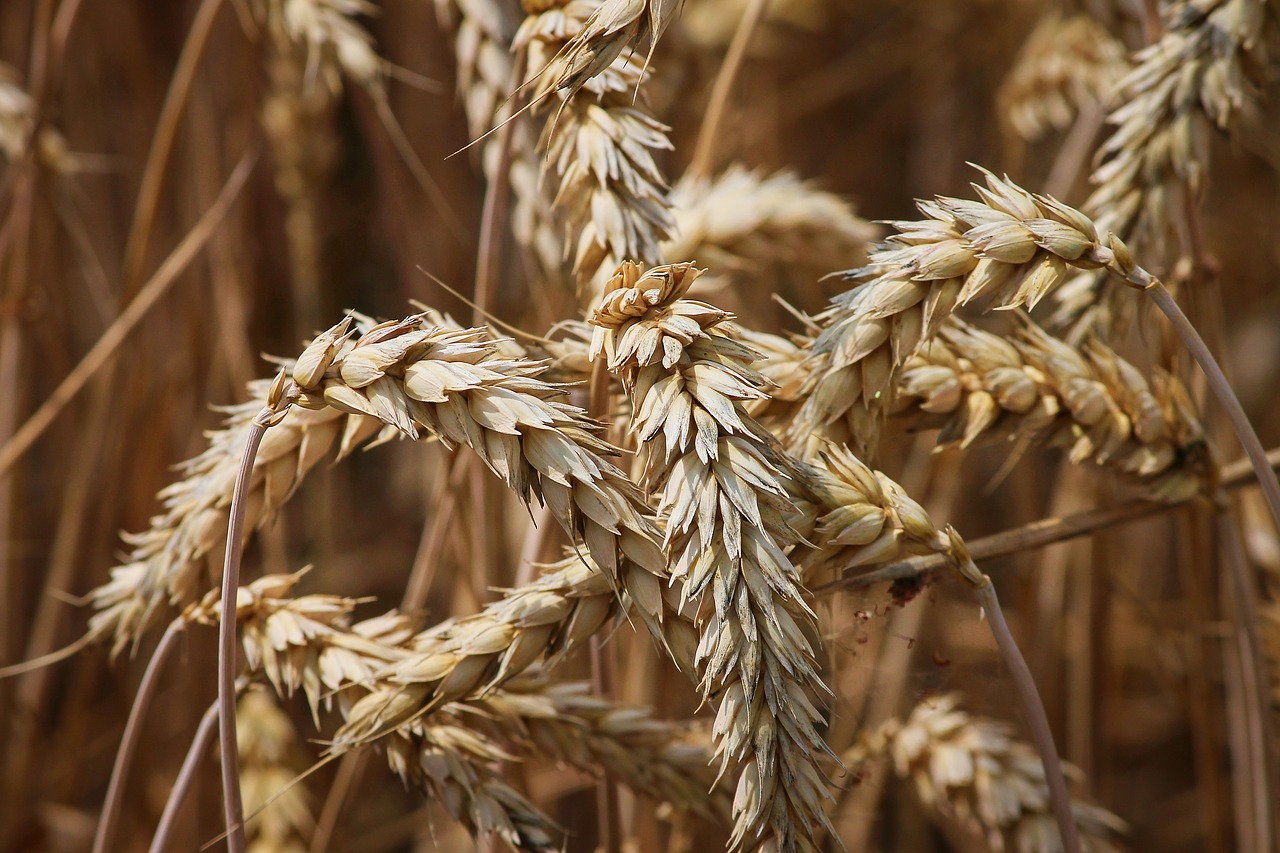Hypertension has emerged as a major health problem in India with one in four Indians suffering from it. Early detection and management of hypertension are necessary to prevent complications such as cardiovascular disease. However, it is a challenge given the shortfall of the trained health workforce, particularly in rural areas.
A new study done by Indian and Australian researchers has found that training available workforce such as Accredited Social Health Activists (ASHAs) could be effective in rural areas. Researchers led by Prof Amanda Thrift from Monash University developed a training package for health workers and evaluated its effectiveness. The training module helps health workers identify and control hypertension in the community. The study measured the effectiveness of the tool in terms of knowledge, skills, and perception of health workers.
The study was conducted in Trivandrum in Kerala, West Godavari and Rishi Valley in Andhra Pradesh. “We selected these places based on the quality of health workforce available there. Trivandrum has good healthcare facilities, while West Godavari has average and Rishi Valley has poor facilities,” Pallab Kumar Maulik, a member of the research team, said while speaking to India Science Wire.
As part of the study, 15 ASHAs attended a five-day training workshop that was delivered using interactive instructional strategies. They then led community-based education support groups for three months. Training materials incorporated details on managing hypertension, goal setting, facilitating group meetings, and measuring blood pressure and body weight. “We have introduced some very simple lifestyle interventions like how to talk with people, how to measure blood pressure, risks of hypertension, the utility of measuring blood pressure etc.,” Dr. Maulik said.
The training was designed to provide ASHAs with knowledge regarding hypertension and its factors, strategies to manage hypertension via knowledge about healthy lifestyle and adherence to medications, and skill in the facilitation of group meetings. Health workers were also taught to deliver community group-based education, and provide support for individuals with hypertension. After the training, researchers found that ASHAs’ knowledge of hypertension improved from a mean score of 64% before training to 76% post-training and 84% after the three-month intervention.
Dr. Maulik said results of the study would be shared with Indian Council of Medical Research (ICMR). “We hope the government will further use this to improve health facilities particularly in rural areas,” he added. According to him, it was not only health workers but communities also responded positively.
The research team included Marwa Abdel, Clara K. Chow, Pallab Kumar Maulik, Rama Guggilla, Rohina Joshi (George Institute, Australia and India); Amanda Gay Thrift, Michaela Riddell, Oduru Suresh, Roger George Evans (Monash University); Ajay Mahal, Brian Oldenburg (University of Melbourne); Kavumpurathu Raman Thankappan, Gomathyamma Krishnakurup Mini (Sree Chitra Tirunal Institute for Medical Sciences and Technology); Kartik Kalyanram and Kamakshi Kartik (Rishi Valley Rural Health Centre) and Nihal Thomas (Christian Medical College, Vellore). The study has been published in the journal BMC Health Services Research. (India Science Wire)
By Jyoti Singh
Journal Article
For the latest Science, Tech news and conversations, follow Research Stash on Twitter, Facebook, and subscribe to our YouTube channel



